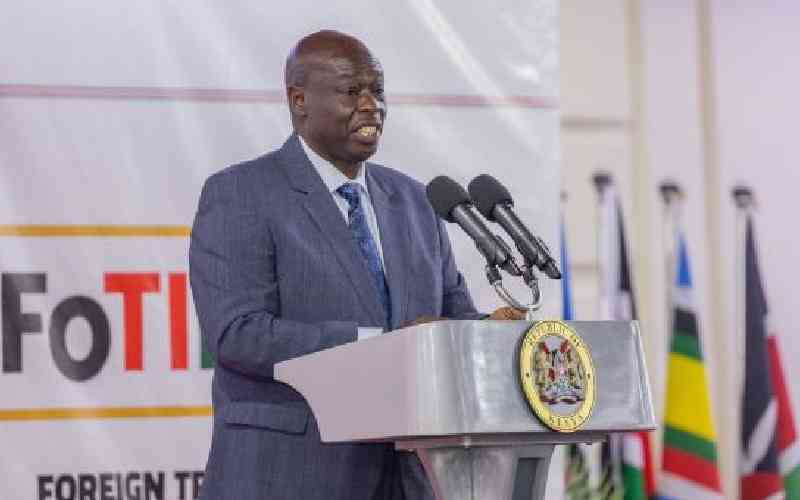×
The Standard e-Paper
Kenya's Bold Newspaper

This week's impeachment of Deputy President Rigathi Gachagua in the National Assembly was a lesson in Kenyan political elites' complete lack of seriousness.
There was a childish giddiness that betrayed their proclivity to major in minor things. The House was full to the brim, something that seldom happens when they are discussing matters with greater impact on Kenyans (like our failing education and health systems).